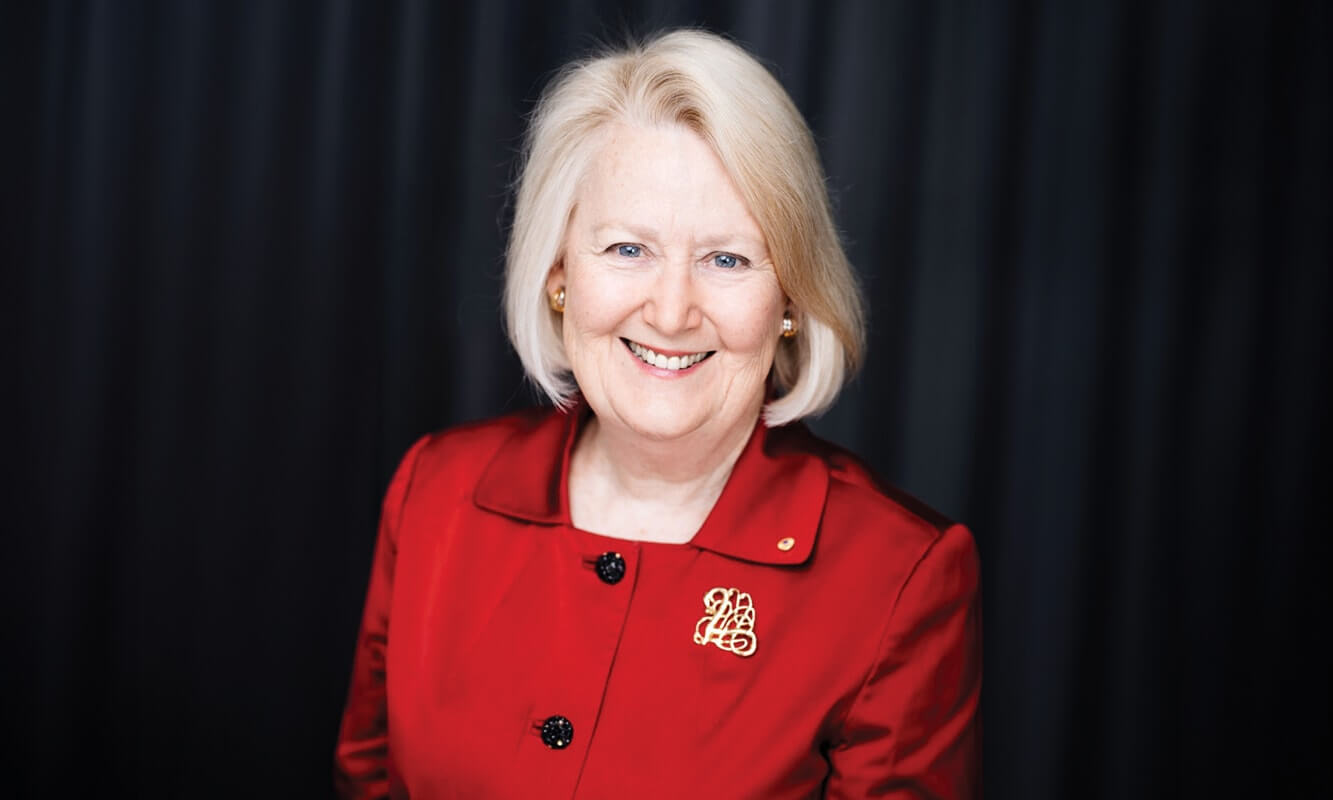More measures have been introduced to support the community titles sector in Queensland as part of the ongoing legislative response to the COVID-19 pandemic.
The Justice Legislation (Covid-19 Emergency Response – Community Titles Schemes and Other Matters) Regulation 2020 allows body corporate meetings and committee meetings to be held remotely, and to use electronic voting procedures, where a committee reasonably believes that doing so is necessary to ensure that the meeting does not contravene a public health direction.
The regulation also validates certain decisions made by bodies corporate during the COVID-19 restrictions, for example, deciding to hold virtual meetings and to use electronic voting procedures in light of social distancing requirements.
The retrospective application of these provisions is intended to provide certainty for committees that have taken such actions where the committee reasonably believed a public health direction would otherwise be contravened. It will also provide certainty where remote attendance or electronic voting procedures were introduced for the meeting.
Some administrative changes have also been introduced to ensure continued access to dispute resolution processes.
Persons who attend and vote remotely in body corporate meetings or a committee meeting of a body corporate are taken to have personally attended. This will ensure certainty that body corporate decisions are validly made and reduce disputes about technical non-compliance with the legislation.
Practitioners should be aware of the notice requirements to ensure lot owners are adequately informed of decisions or arrangements made by the committee in regard to modifying how a meeting is held, enabling remote attendance, or providing for electronic votes.
The regulation also allows a body corporate to:
- meet a requirement to allow an interested person to inspect the body corporate’s records by giving the interested person a copy of the records, or providing electronic access to the records, subject to the interested person paying the relevant fee for access, and
- restrict access to common property if the changing arrangements for access to or use of common property are considered reasonably necessary to ensure compliance with a public health direction, provided that the decision states that it stops having effect on the earlier of either the day the public health direction stops having effect or 31 December 2020.
The Commissioner for Body Corporate and Community Management and the referee under the Building Units and Group Titles Regulation 2008 have been given the flexibility to waive fees for obtaining documents, including dispute resolution applications and submissions for interested persons, to potentially assist people who may be unable to pay fees due to financial hardship.
The amending regulations and the explanatory materials are available here.









Share this article